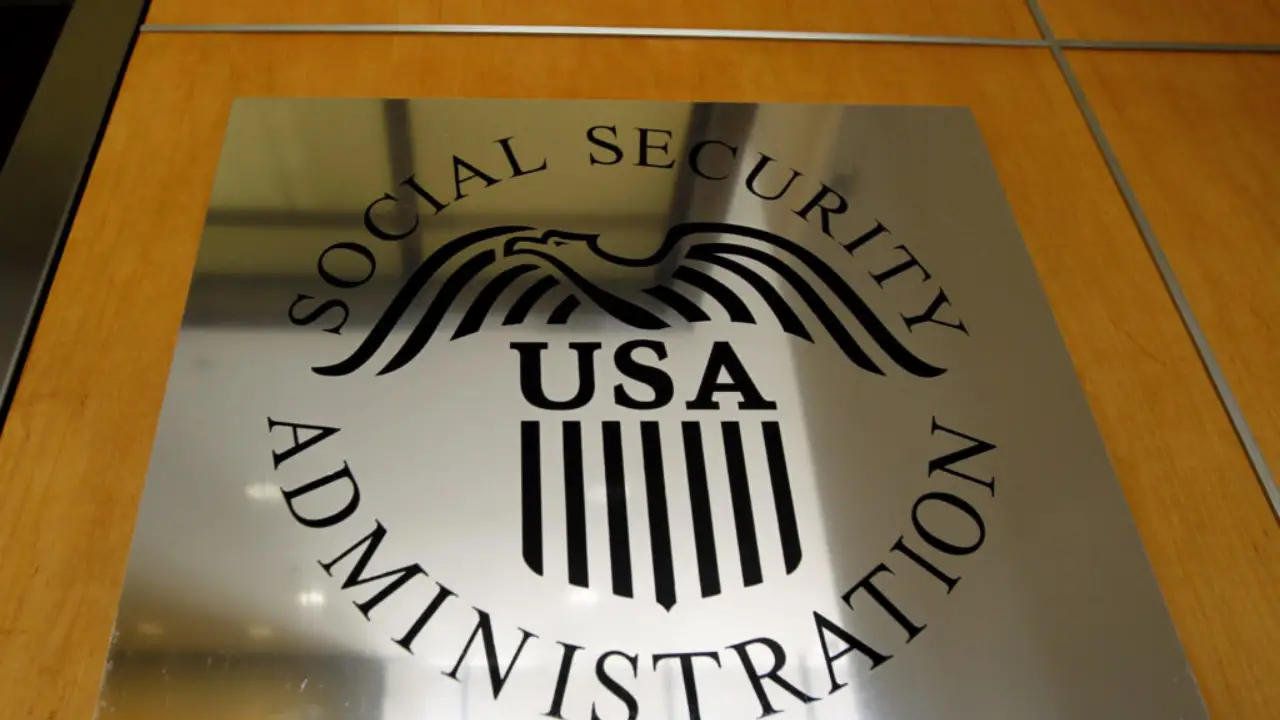CHAMPAIGN, Ill. — A recent change in U.S. law could provide a modest increase in Social Security benefits for retirees who receive a public pension.
According to Richard L. Kaplan, a tax policy expert at the University of Illinois Urbana-Champaign, the new law is expected to benefit many public sector employees who were previously seeing their Social Security payments reduced due to their public pensions.
The Social Security Fairness Act, which was passed with bipartisan support, eliminates two provisions that had long affected workers with public pensions: the Windfall Elimination Provision (WEP) and the Government Pension Offset (GPO).
These rules were used to lower Social Security benefits for certain workers, especially those who worked in both the private sector (paying into Social Security) and the public sector (receiving a pension).
How Does This New Law Affect Public Pensioners?
Under the old system, public sector employees who had earned a pension (like teachers or government workers) faced reductions in their Social Security benefits when they retired.
This happened because they did not pay into Social Security throughout their entire careers, especially if they worked for many years in public sector jobs that did not participate in Social Security.
Richard Kaplan explains that the new law changes how Social Security benefits are calculated for those individuals.
“For example, if someone worked in the private sector, contributing to Social Security for ten years before switching to a career as a public school teacher, they would have seen their Social Security benefits reduced before this law,” Kaplan said.
“Now, under the new rules, they will receive their full Social Security benefits based on their earnings during the years when they paid into Social Security.
This means that many retirees will see an increase in their monthly benefits and may also get a one-time lump-sum payment for the difference, retroactive to January 2024.”
The increase in benefits could vary depending on an individual’s career history and when they retired, but for some people, the monthly bump could amount to several hundred dollars.
This is a positive change for workers who have been unfairly penalized under the old rules.
Who Will Be Affected by the New Law?
Kaplan estimates that about 3% of Social Security beneficiaries will be impacted by the new law. However, in states like Illinois, where many local governments and the state government do not participate in Social Security, this percentage could be higher.
To qualify for these Social Security benefits, individuals still need to have earned 40 quarters of credit through work that contributed to Social Security.
This requirement ensures that people who worked in jobs that did contribute to Social Security will continue to be eligible for benefits.
The Impact on Spouses and Widows

This change isn’t limited to those who worked in public sector jobs themselves. It also affects the spouses or widows of public pensioners.
If someone’s spouse worked in a public sector job and didn’t contribute to Social Security, they may see an increase in the benefits they are entitled to as well.
Delays Expected in Benefit Increases
Although the changes to Social Security are expected to benefit some retirees, Kaplan advises that these benefits won’t be available immediately.
“This is going to be a massive undertaking for the Social Security Administration,” Kaplan said. “They are already understaffed and now need to review many records to figure out who is affected by the new law and by how much.”
The Social Security Administration will have to comb through each case, which could take time before people see their benefit increases or receive lump-sum retroactive payments.
Impact on Social Security’s Financial Outlook
While the changes are a win for public pensioners, there may be some unintended consequences for the overall Social Security system. Kaplan notes that the new law could slightly accelerate the insolvency date for the Social Security Trust Fund.
“It is expected that the insolvency date might be moved up by about six months,” he said. “While this isn’t a huge change, it’s still something to consider.
The Social Security Trust Fund is already facing significant financial challenges, and this new law could make those problems come sooner rather than later.”
Kaplan points out that, while the Social Security Fairness Act is extremely popular, it may increase the urgency of addressing Social Security’s long-term funding issues.
He compares it to the saying, “If you’re in a hole, the first thing to do is stop digging.” In this case, however, Congress has opted to “dig faster” by adding more credit to the system.
What’s Next for Retirees?
For many retirees, this new law is a long-awaited victory. After years of unfair reductions in benefits, they will finally receive the full amount of Social Security they are entitled to, based on their work history.
The increase in monthly checks will offer a much-needed boost to some people’s retirement income.
However, it is important for retirees to remain patient, as it will take time for the Social Security Administration to process these changes.
While this new law may offer relief to some, it also highlights the ongoing need for reform within the broader Social Security system to ensure it remains sustainable in the years to come.
The Social Security Fairness Act brings hope for many public pensioners who have struggled under the weight of the previous provisions.
However as experts like Kaplan have pointed out, the law also presents new challenges that will need to be addressed as Social Security continues to face financial difficulties.
For now, retirees should stay informed and watch for any updates from the Social Security Administration on when they can expect to see changes in their payments.
The road to a fairer and more sustainable Social Security system remains an ongoing issue, and this new law is just one step in that direction.
Disclaimer- Our team has thoroughly fact-checked this article to ensure its accuracy and maintain its credibility. We are committed to providing honest and reliable content for our readers.




